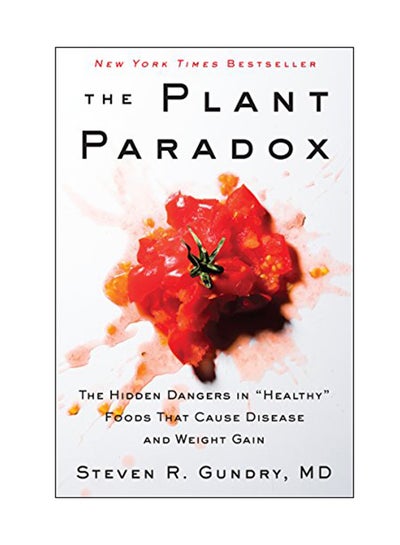80.70درهم اماراتى
112.00-
أقل سعر 80.70
-
أعلى سعر 125.95
-
آخر تخفيض في السعر -27.9%

80.70درهم اماراتى
112.00